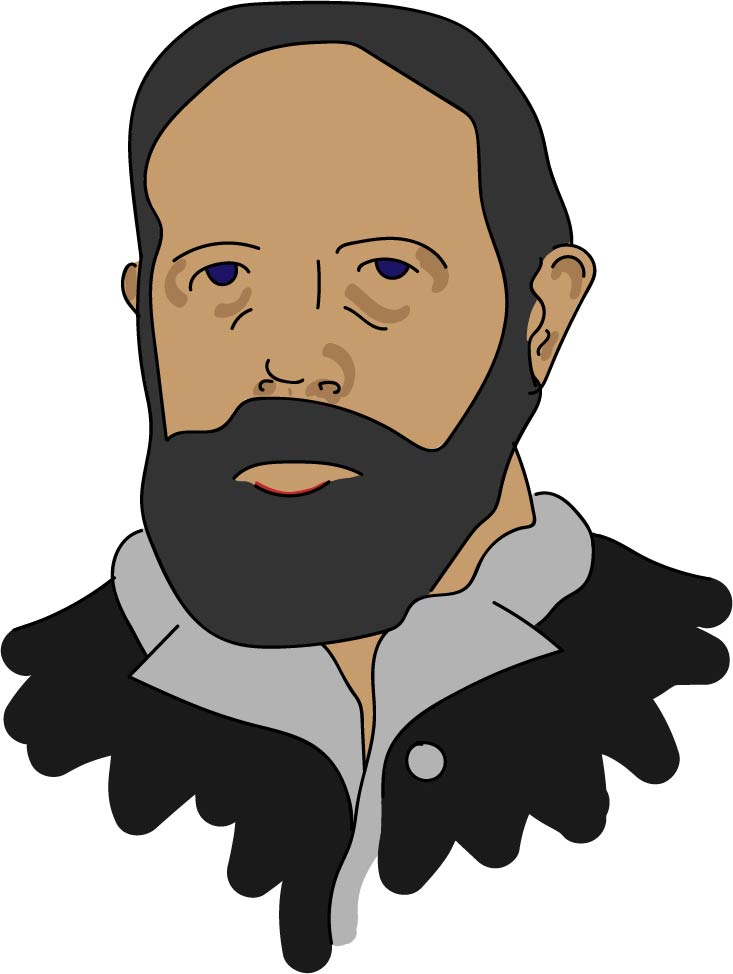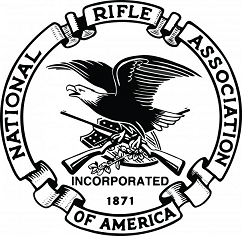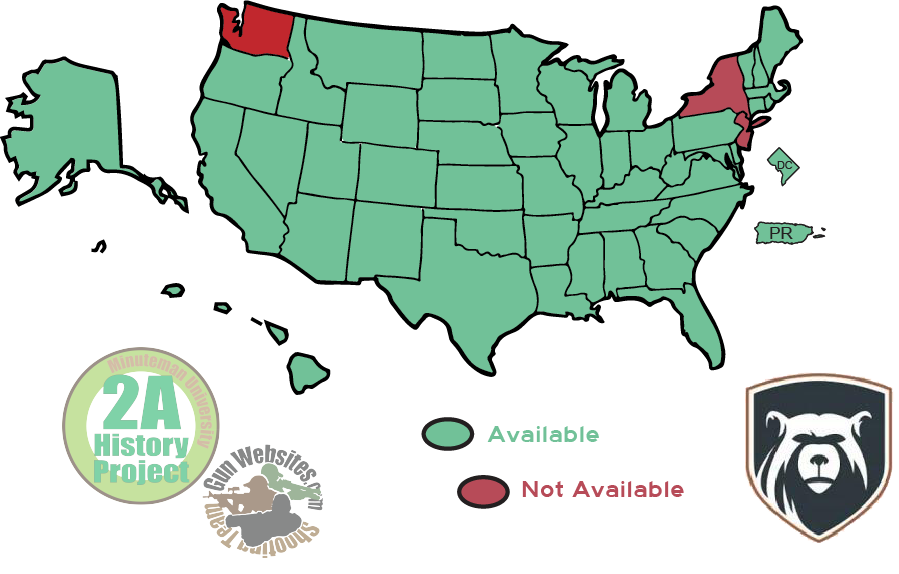Colonel William C. Church was a prominent figure in the history of American journalism and publishing. He was born on October 22, 1836, in Rochester, New York, and was the son of a Baptist minister. After graduating from Rochester University in 1856, he moved to St. Louis, Missouri, where he began his career in journalism.

Colonel William C. Church was a notable figure in American journalism, publishing, and politics, and he also played a significant role in the history of the National Rifle Association (NRA).
Church’s early career was focused on reporting and editing for various newspapers, including the St. Louis Democrat, the Cincinnati Gazette, and the New York Times. In 1861, he joined the Union Army during the Civil War and served as a correspondent for the New York Times, reporting on the battles of Bull Run and Antietam.
After the war, Church returned to journalism and became the managing editor of the New York Sun in 1868. Under his leadership, the Sun became one of the most widely read newspapers in the country, known for its coverage of crime and scandal.
In 1877, Church and his business partner, Francis P. Church, purchased the New York Galaxy magazine, which they later renamed to The Galaxy. The magazine featured some of the most prominent writers of the day, including Mark Twain, Bret Harte, and Henry James. Church also founded the Army and Navy Journal in 1863, which he edited until his death in 1917.
Church was also involved in politics and was a strong advocate for Republican causes. He served as a delegate to the Republican National Convention in 1876 and was an early supporter of Theodore Roosevelt’s political career.
In addition to his work in journalism and publishing, Church was a philanthropist and supporter of various charitable causes. He was a founder of the American Society for the Prevention of Cruelty to Animals and the National Child Labor Committee.
Overall, Colonel William C. Church was a prominent figure in the world of American journalism and publishing. He helped shape the media landscape of his time and made significant contributions to the causes he believed in.
Colonel William C. Church was a notable figure in American journalism, publishing, and politics, and he also played a significant role in the history of the National Rifle Association (NRA).
Church’s involvement with the NRA began in 1871, shortly after its founding, when he was approached by the organization’s first president, George Wingate, to help promote and develop the organization. Church was a passionate outdoorsman and hunter, and he saw the NRA as an opportunity to promote responsible gun use and marksmanship training.
As a result of Church’s efforts, the NRA began to grow rapidly, and he served as the organization’s second president from 1874 to 1876. During his tenure, he helped establish the NRA’s annual shooting competitions and worked to promote gun safety and marksmanship training across the United States.

Colonel William C. Church served as the organization’s second president from 1874 to 1876
Church was also an early advocate for the Second Amendment, which he saw as a crucial component of American freedom and democracy. In an editorial published in the Army and Navy Journal in 1871, he wrote, “To preserve liberty, it is essential that the whole body of the people always possess arms, and be taught alike, especially when young, how to use them.”
In addition to his work with the NRA, Church was a prominent figure in American journalism and publishing. He served as the managing editor of the New York Sun and helped found the Army and Navy Journal. He was also a philanthropist and supporter of various charitable causes, including the American Society for the Prevention of Cruelty to Animals and the National Child Labor Committee.
Overall, Colonel William C. Church played a significant role in the history of the NRA and helped shape the organization into what it is today. He was a passionate advocate for responsible gun use, marksmanship training, and the Second Amendment, and his contributions have had a lasting impact on American culture and politics.


 Gun Freedom Radio
Gun Freedom Radio Light Over Heat
Light Over Heat

 A Girl & A Gun
A Girl & A Gun American Suppressor Association
American Suppressor Association DC Project
DC Project NOC Train & Learn 2022
NOC Train & Learn 2022 Chicago Guns Matter
Chicago Guns Matter  FASTER Saves Lives
FASTER Saves Lives  Firearms Policy Coalition (FPC)
Firearms Policy Coalition (FPC) Firearms Trainers Association
Firearms Trainers Association Kids S.A.F.E. Foundation
Kids S.A.F.E. Foundation Nebraska Firearms Owners Association
Nebraska Firearms Owners Association Open Source Defense
Open Source Defense Walk the Talk America
Walk the Talk America Sanctuary Counties.com
Sanctuary Counties.com National Shooting Sports Foundation
National Shooting Sports Foundation Virginia Citizens Defense League
Virginia Citizens Defense League Georgia Carry
Georgia Carry










